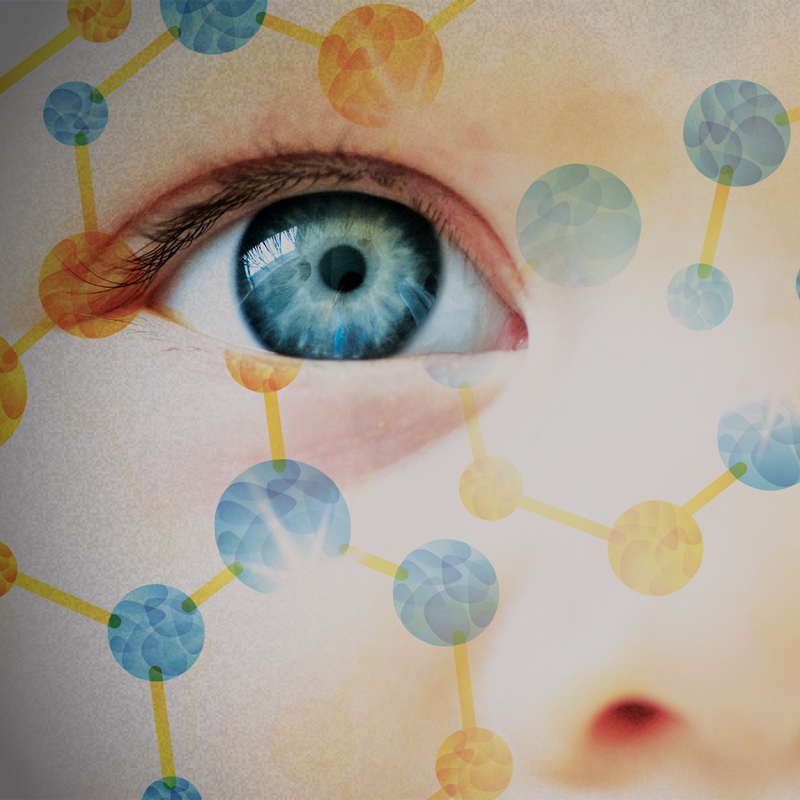Should We Use Genetic Testing?
The DNA Dilemma

Genetic testing is a relatively new, rapidly expanding medical field. It’s like something out of science fiction — a simple blood test or cheek swab can reveal genetic predispositions to diseases like cancer. With new technologies, inevitably, come misconceptions, opportunities and legal dilemmas.
Lea Parsley, medical director for the Clinical Genetics Center at Tallahassee Memorial Hospital and a professor at the Florida State University College of Medicine, explained that genetic testing provides crucial information about a patient’s genetic variations and predispositions that can allow a patient and doctor to plan more effective, targeted treatments.
There are two types of genetic variation: normal (which causes common differences like hair color) and abnormal (indicating a predisposition to various clinical genetic disorders). Abnormal variations, for example, affect patients’ abilities to keep cancer from growing, making them more vulnerable. The subject was front-and-center earlier this year when actress Angelina Jolie disclosed that she carried the BRCA1 gene, which she said gave her an 87 percent chance of developing breast cancer. Because of that grim statistic, she decided to undergo a preventive double mastectomy in February. The more important story, though, could be that this type of genetic testing is not covered by Medicaid or other insurance plans. “I have several patients who may harbor this gene and Medicaid won’t pay for it, which may mean a death sentence for them or their daughters, said Dr. Scott Tetreault, a medical oncologist with Florida Cancer Specialists.
For those who already have cancer, genetic testing can be a very beneficial part of the treatment plan. Genetic scans look for genetic signatures and markers, which can help determine how to approach treatment through “molecular targeting.”
“Oncologists can obtain a genetic signature of particular markers for that particular tumor to more accurately define a treatment protocol,” Parsley explained.
Unfortunately, this technology is still not perfect. The most common misconception, Parsley notes, is that everyone can get answers from genetic testing. Many families, for instance, come in with children, hoping to learn why the youngsters are lagging behind their peers. “Twenty-five to 40 percent of the time, we find answers for genetic developmental delays. … We know more, but not everything,” she said. For the rest, the answers are still out there, waiting to be discovered as the technology is perfected. Luckily, Parsley notes, “The research is expanding exponentially each year.”
With time and hard work, Parsley believes this field will deliver on its amazing potential. “We’re going to begin seeing better treatment plans for patients across the board,” she explained, adding that this will only happen with great collaboration and improved access to information for physicians and healthcare professionals, as well as medical schools.
“Most medical school curriculums are having to play catch-up to this rapidly moving information, as it will definitely impact how the students treat patients in the future,” she added.
Genetic testing has many great uses today; couples considering conception, for instance, can find out if they are carriers for any genetic diseases or predispositions that could affect their baby. Non-invasive prenatal genetic testing (NIPT) can also determine trisomies like Down’s syndrome, or sex chromosomal disorders like Turner’s syndromes in the mother’s womb.
The moral question becomes, “Just because we can know all of this information, does that mean we should?” For instance, if a pregnant mother’s baby has an unknown genetic variant, is it necessary or wise to let her know, without any idea of what the variant would cause? If a patient in his or her 20s has a genetic predisposition with a bleak outlook, for which there are no good treatments — such as Lou Gehrig’s disease or early onset Alzheimer’s disease — is life really improved by knowing?
This is why most genetic testing is accompanied by counseling to educate patients about the nature of the information they will receive — and to ensure that, whatever the results are, the patient will be prepared.
“The dilemmas occur in those (illnesses) that we don’t have good treatments for at this point,” said Parsley, adding that genetic counseling helps patients determine whether they really want answers, and also how the answers would impact their future healthcare decisions.
A final, broader concern is how genetic information can be accessed and used by people other than the patient — insurance companies and potential employers, for instance. At the federal level, the Genetic Information Nondiscrimination Act of 2008 (GINA) offers protections against discrimination in attaining individual and group health insurance based on genetic information, as well as discrimination in the workplace. But GINA does not address other forms of insurance like life insurance, long-term care insurance and disability insurance, rendering the protection incomplete for those with various negative genetic predispositions.
The 2013 Legislature considered a bill that would have prohibited “insurers from cancelling, limiting, denying coverage, or establishing differentials in premium rates, based on genetic information under certain circumstances” and “prohibiting insurers from requiring or soliciting genetic information … .” It died in committee in both the House and Senate.


